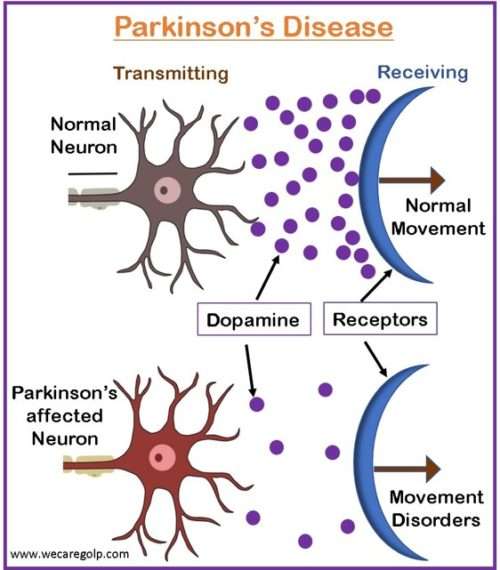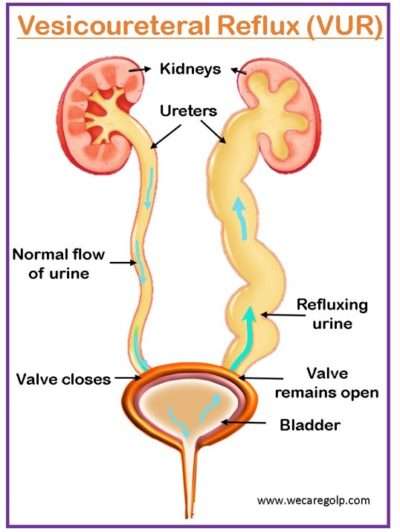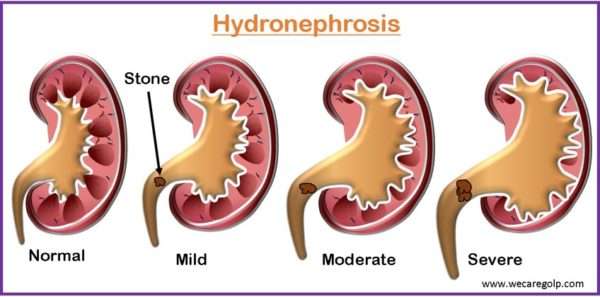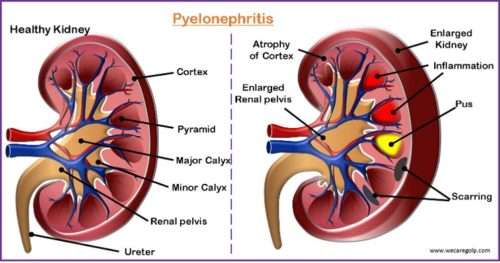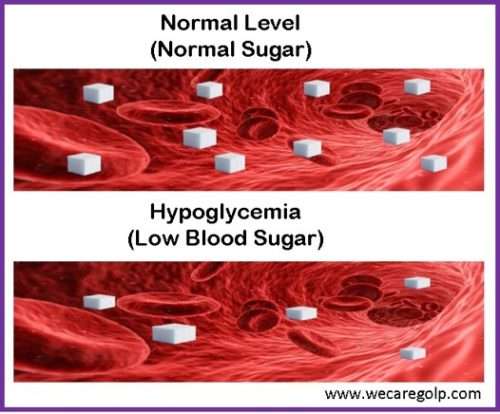Hematuria (Blood in the Urine)
Introduction Hematuria is defined as the presence of at least five red blood cells (RBCs)/high-power microscope field (HPF) in three successive centrifuged specimens taken at least seven days apart. Classification of Hematuria According to the Source Glomerular hematuria Glomerular hematuria is a significant sign of renal dysfunction. Non-glomerular hematuria Extrarenal hematuria According to the Visibility … Read more


